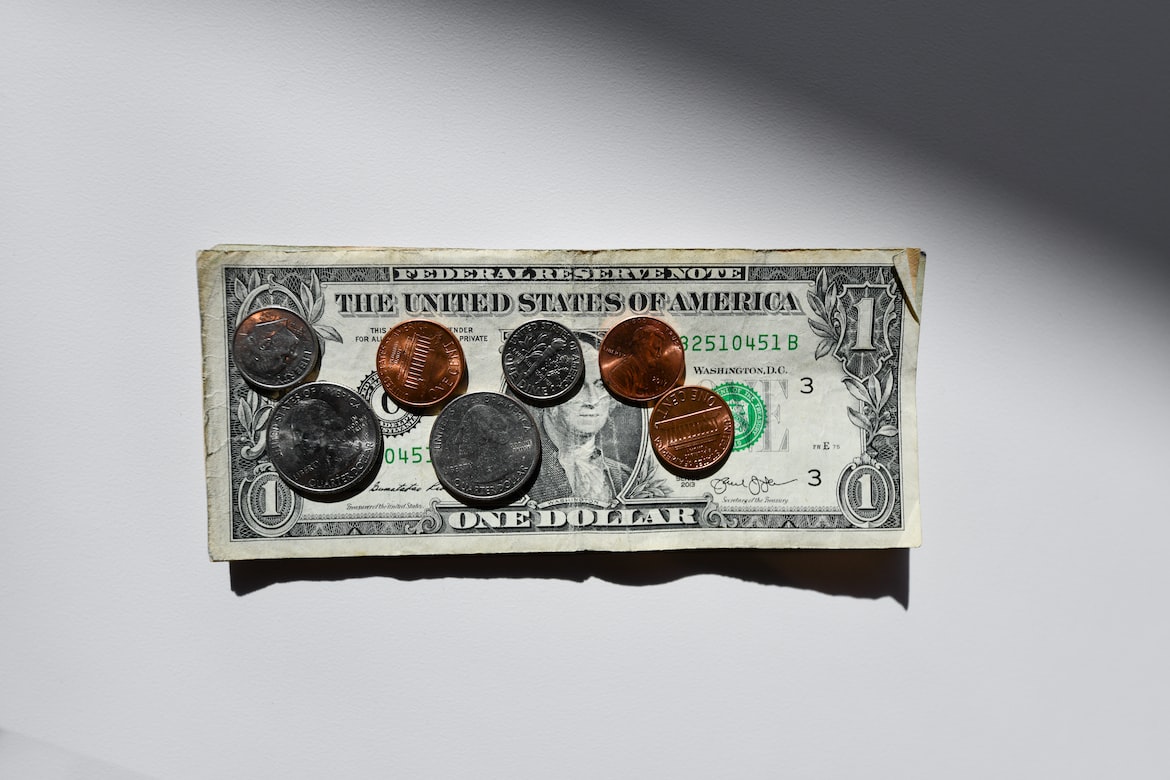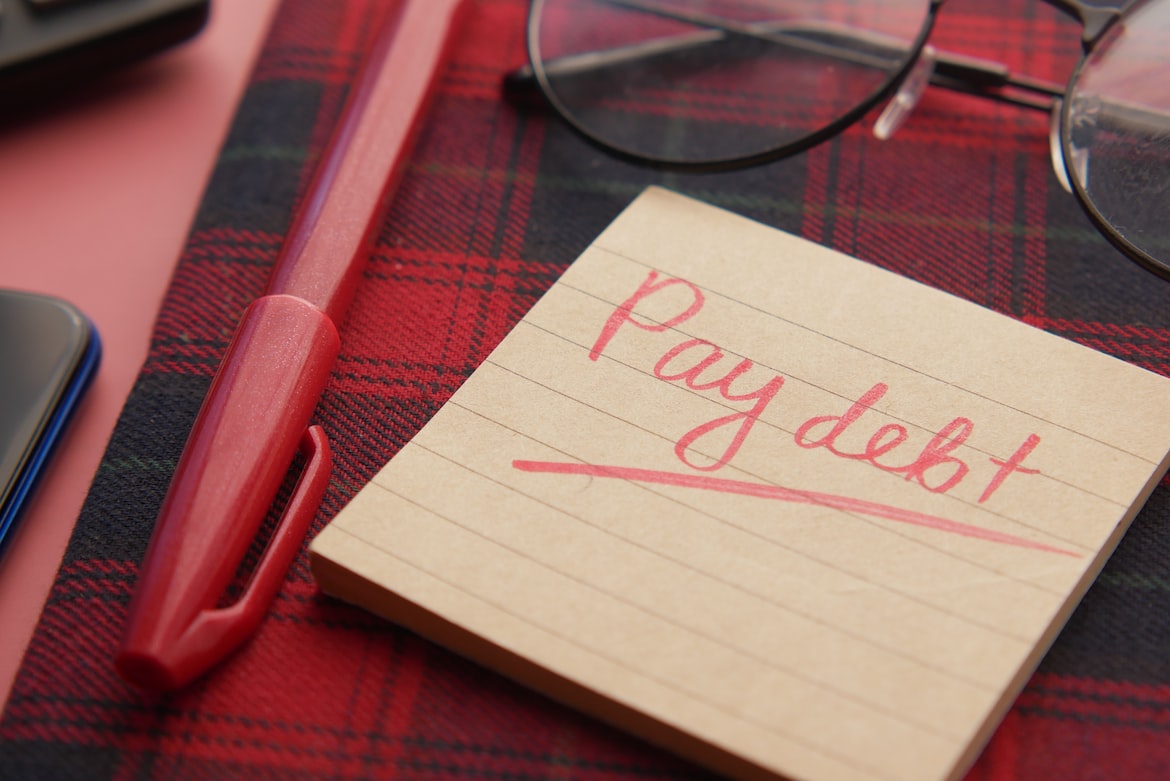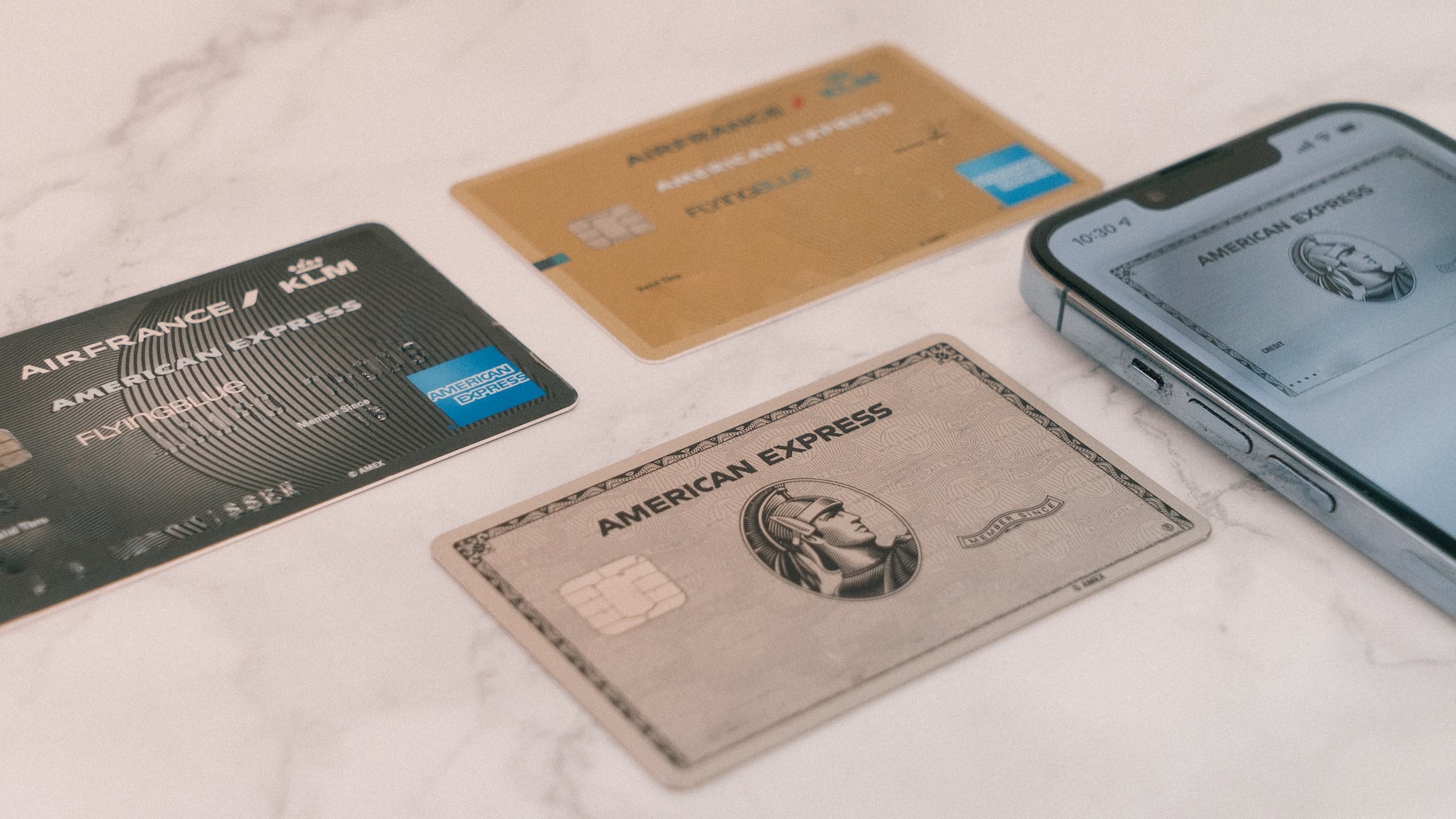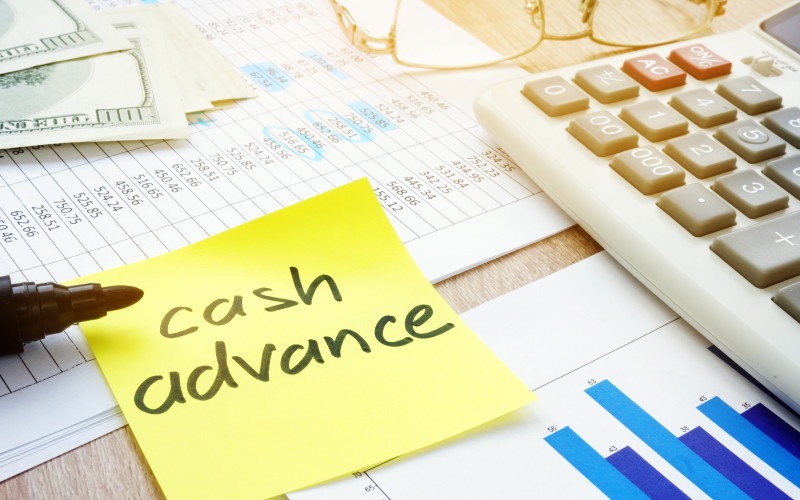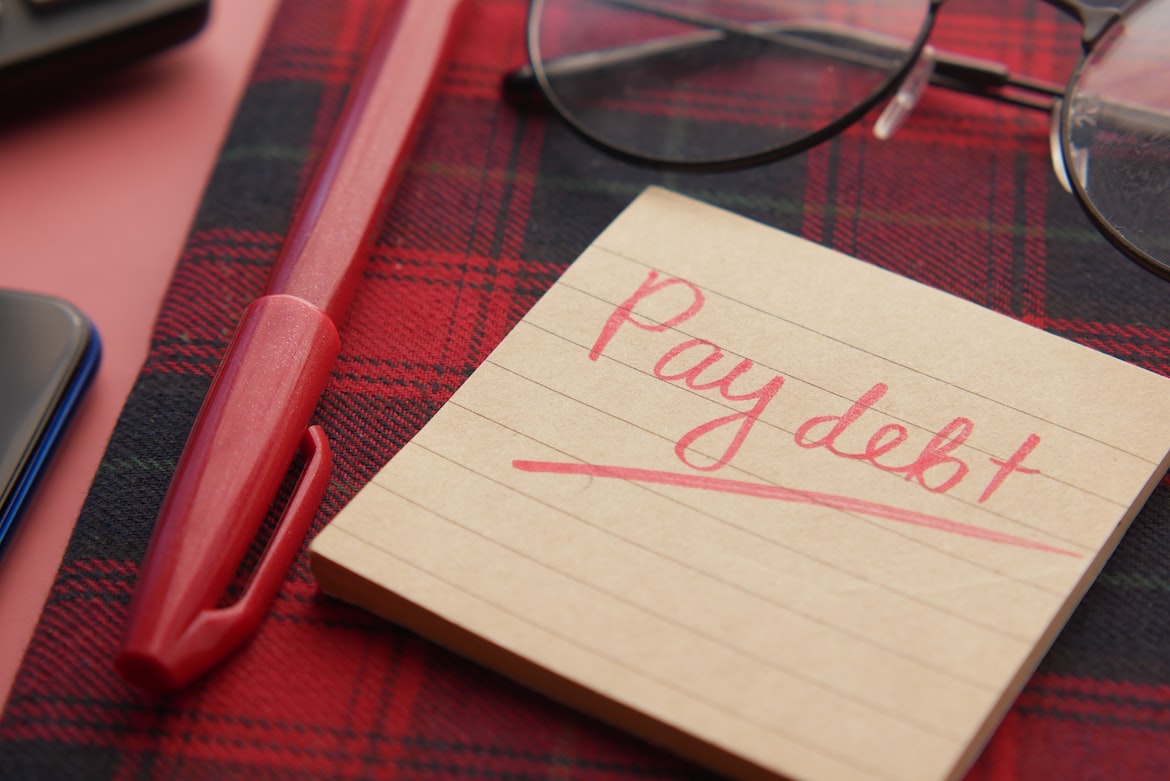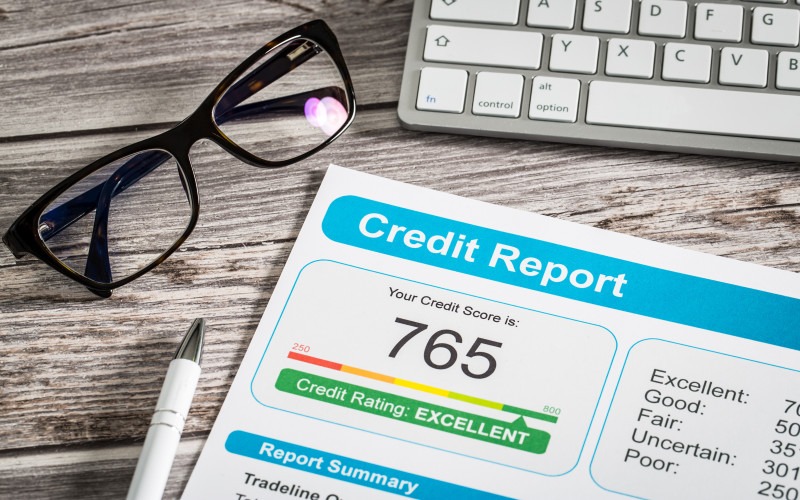Checking Your Credit Score

Your credit score plays a major role in your financial health. It serves as a snapshot that reflects how financially responsible you are to lenders, financial institutions, and even prospective employers. That’s why it’s important to check your credit score once in a while.
In this guide, we’ll go over what is a credit score, how to check it for free, and strategies to improve your credit score, which can be particularly beneficial if you're considering applying for personal loans in the future.
Understanding credit score and its importance
Credit scores convey how creditworthy you are. Creditworthiness refers to how risky it is for creditors to extend lines of credit to you or lend you money. Your credit score impacts processes such as obtaining a loan, renting an apartment, buying insurance, and even landing a job.
There are two kinds of credit scores that are widely accepted: FICO and VantageScore. The number ranges between 300 and 850. The higher the score the better and more creditworthy you are.
If you have poor credit, it can be challenging to obtain a loan or create a new credit account. If you do manage to take out a loan or credit extension, you might find yourself with stricter terms and worse rates.

How to check your credit score for free
Checking your credit score for free is a fairly straightforward process. Here are various ways you can obtain your credit score.
Get your free annual credit report
There are three main credit bureaus: Equifax, Experian, and TransUnion. Every year, you are entitled to get one free credit report from each of the credit bureaus. The simplest way to do this is to go to AnnualCreditReport.com and apply to receive your free credit report online. If you go onto each of the individual credit bureaus’ websites, you can also apply for your credit report–however, you may be charged a fee.
Sign up for credit monitoring services
Many online credit monitoring services exist to help you keep track of your credit score. The advantage of these services is that they provide you with accessible, ongoing knowledge of your credit score.
Differences between credit reports and credit scores
Credit reports contain a broad selection of important information, including:
- Credit history
- Credit score
- Payments and amounts
- Credit limits
- Credit inquiries
Your credit score is only one of the many elements that show up on your credit report. While credit scores are a good indicator of your creditworthiness, lenders will take into account the other relevant information on your credit report before making a final decision on your loan terms.

Factors that affect your credit score
Here are the five main factors that affect your credit score.
- Payment history ~ 35% of your credit score
Payment history will include elements such as if you repay your debt and if you make payments in a timely manner. This is one of the most important ingredients when it comes to determining your credit score.
- Amounts owed ~ 30% of your credit score
Your credit utilization ratio expresses your credit usage in a percentage. It’s calculated by dividing your total credit by your total credit limits.
The less amount of debt you have and the less credit you use out of your total credit limit, the better it is for your credit score.
- Credit history age ~ 15% of your credit score
The length of your credit history plays a relatively small but still noticeable role when calculating your credit score.
If you have a long credit history with a good track record of repaying your debt, it can boost your credit score. Meanwhile, if you have a long and tumultuous credit history, you might find your credit score lower than is desirable.
- Credit mix ~ 10% of your credit score
Credit mix refers to how many different kinds of accounts you have on your credit report. While it’s not necessary to have many different kinds of credit accounts, having a decent credit mix can still positively contribute to your credit score.
- New credit ~ 10% of your credit score
Another factor that is taken into account is whether you’ve opened any new accounts recently. If you’ve opened up several new accounts in a brief period of time, this can dip your credit score slightly because it is viewed as a kind of risky behavior.
How often should you check your credit score?
At the very least, you should check your credit score once a year. To get a clearer understanding of your financial health, it’s a good idea to look at your credit once every three or four months.
If you’re planning on obtaining a personal loan, it’s certainly helpful to know what your latest credit score is.
How to dispute errors on your credit report
One reason to look at your credit report at least once a year is to see whether there are any errors or illegitimate inquiries on your credit report. Any error on your credit report should be disputed so that it doesn’t continue to hurt your credit score. Errors and unauthorized inquiries can also be red flags indicating potential identity theft and fraud.
To dispute a credit report error, you will need to contact each of the three major credit bureaus individually. This can be done online, by mail, or by phone to Experian, TransUnion, and Equifax.
Other than disputing, you might also want to contact the party that submitted the inaccurate information to the credit bureaus in the first place. This party, known as the information furnisher, may be your bank, credit card company, landlord, lender, or other institution that provided the erroneous information.
After you have disputed an error on your credit report, it is advisable to document and report any activity you suspect to be fraudulent. This can help protect your financial and credit health. You can do this by filing a complaint with the Federal Trade Commission.
The impact of credit utilization on your credit score
Credit utilization can negatively impact your credit score if you aren’t careful. Your credit usage refers to how much of your total credit you are actually using at any time.
Generally, you want to stay below 30% in credit utilization percentage. If you go above it, your credit score might take a dip. It might not be easy to decrease your credit utilization ratio in one go, but it may be a good idea to work towards lowering the ratio when possible.

How to improve your credit score
While everyone has their own unique credit report and financial portfolio, there are certain tactics that can help people improve their credit score. Here are a few of the commonly used and effective options.
- Make your payments on time
Having open accounts can raise your credit, but it can also lead to more complicated repayment schedules every month. Ensure that you’re always making your debt payments on time, because each late payment can lower your credit score by around ten points—or even more, up to 100 points, depending on your creditor.
To help you make payments on time, you might want to set up automatic payments or use reminder software so you don’t miss the billing each month.
An added benefit to paying your bills on time is that you can avoid being charged late fees, penalties, and more interest due to the delay.
- Don’t default on loans
Some borrowers believe that if they default on an unsecured loan, there shouldn’t be grave consequences due to a lack of collateral assets to be seized. However, defaulting on a loan can have serious credit consequences.
A loan default usually stays for up to seven years on your credit report. It is a serious black mark that can deter creditors from lending you money or extending you credit in the future.
If you are struggling to make your monthly loan payments, consider alternatives. For example, you might want to proactively contact your lender and ask for temporary relief from your payments, or request an extended tenure to decrease your monthly payment amounts.
Another way to handle many debts that are posing you trouble is to consolidate that debt using a loan. A debt consolidation loan essentially rolls your debt into one by paying off old ones and combining the amounts into a new loan with new terms and conditions.
Loan consolidation isn’t necessarily the right choice for everyone, so when you’re trying to avoid a loan default, be aware of your own financial situation.
- Have a healthy credit mix
Technically, having a variety of credit accounts doesn’t heavily impact your credit score. Credit mix makes up about 10% of the calculations that go into determining your credit score.
Still, having a healthy credit mix can be a simple way to increase your credit score. It might just be enough to push you over the boundary of fair credit to good credit, so you might want to avoid closing accounts if they can help you maintain a good mix.
To have a good credit mix, it is good to know that the ideal blend includes both revolving and installment credit. Of course, you don’t need to go out of your way to obtain new accounts if they aren’t necessary for you.
Revolving credit examples: Credit cards, personal lines of credit
Installment credit examples: Mortgages, student loans, personal loans
- Lower your credit utilization ratio
If you use over 30% of your total credit, lenders might believe that you use an excessive amount. That is why your credit score might decrease.
Take a look at your revolving credit accounts to see how much of your available credit is currently being used. If you use over a third of the total available revolving credit, you might want to pay off some of the balance to decrease your credit utilization ratio.
The role of credit monitoring services in checking your credit score
Monitoring services can notify you when there are changes to your credit score. This is especially helpful in alerting you to unusual fluctuations, perhaps due to unauthorized inquiries or errors.
If you’re shopping around for a personal loan or a new apartment, credit monitoring services can be invaluable in how they give you ongoing, immediate access to any credit score updates.
You can get free, official credit reports from the three credit bureaus every year, but this might not be as convenient as live credit monitoring. If you want to maintain good credit and financial standing, consider using credit monitoring services.

How to maintain a good credit score over time
A good credit score isn’t established overnight. It requires proper credit management over a meaningful amount of time. To make sure that you can maintain a good credit score, you should keep in mind the following.
- Don’t miss debt payments
Regardless of the type of credit account, it’s important to stay on top of your repayment schedules. Credit card bills and loan installments are two of the most common payments you need to remember to pay. If you miss even a single payment, you might end up with credit score damage.
- Avoid closing unused accounts immediately
Let’s say you have a credit account that you don’t use anymore. Keeping it open may actually be advantageous for your credit health. This is because of both credit utilization and credit mix.
Having an open account on your credit report means that your total credit limit is higher. If you don’t often use that account, your credit utilization ratio will be low. This in turn can improve your credit score.
In addition, having a variety of different credit accounts can be good for your credit mix. This can raise your credit score by a few points.
- Keep an eye out for unauthorized inquiries and errors
Hard credit checks shouldn’t happen without your consent, but if they do, they can dip your credit score. Errors on your report can also be problematic and should be flagged for review.
To maintain your credit health, it’s a good idea to regularly check your credit report and score to see nothing unusual is happening. If there is an issue, you should contact the credit bureaus or information furnishers to understand and dispute what is going on.
Edited by:
Bryan Huynh
•
Product Tester & Writer
















